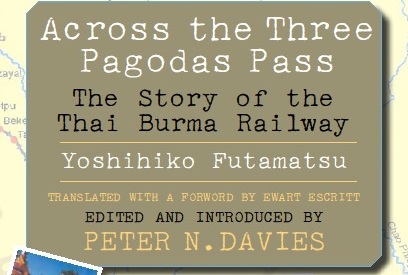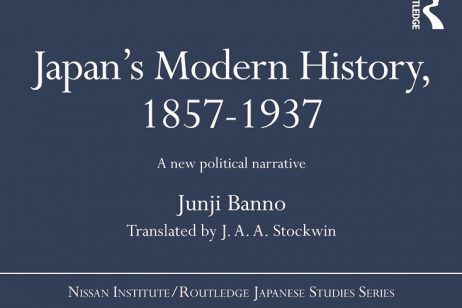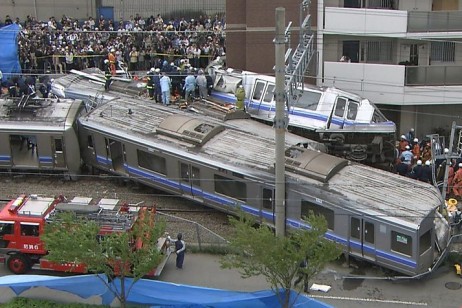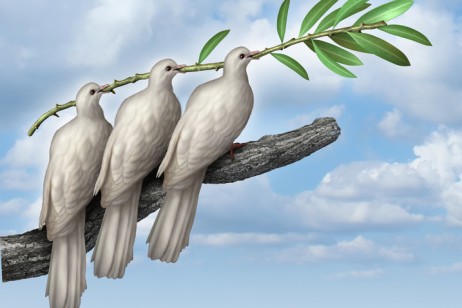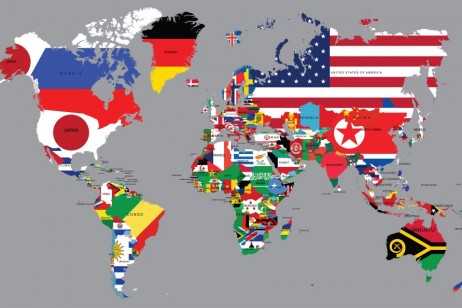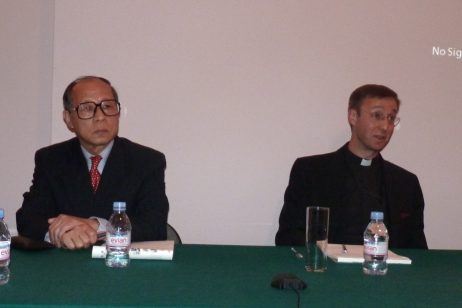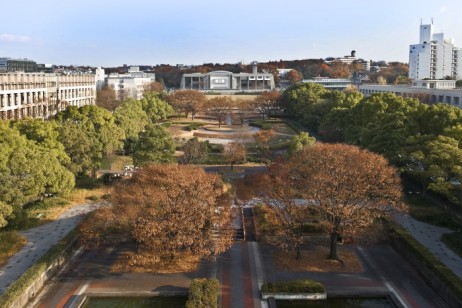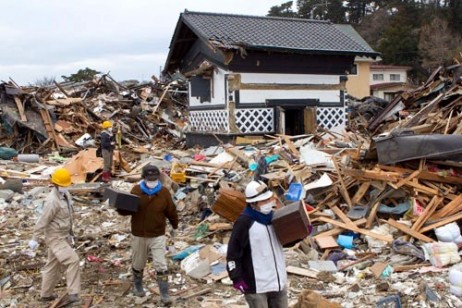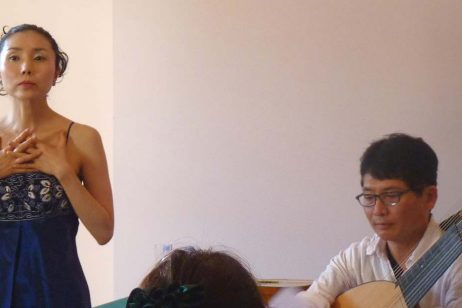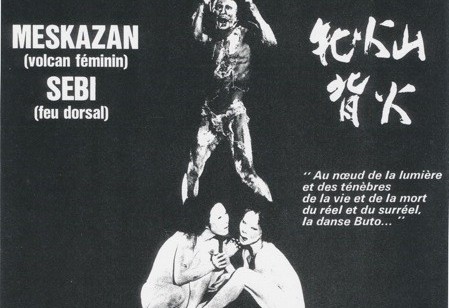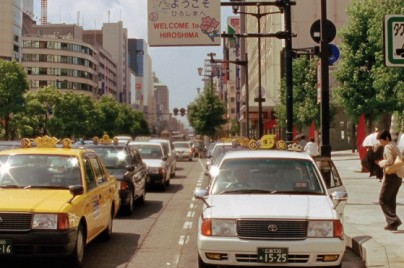16 October 2014
Across the Three Pagodas Pass- The Story of the Thai-Burma Railway
“Across the Three Pagodas Pass” is a translation of the only known detailed account of the building of the notorious 262-mile long Thai-Burma Railway by one of the Japanese professional engineers who was involved in its construction. The author, Yoshihiko Futamatsu, provides an invaluable new source of historical and technical reference that complements the existing large body of literature in English on this subject.
More info